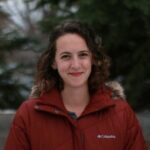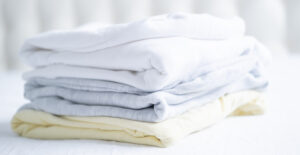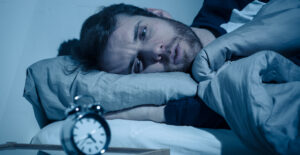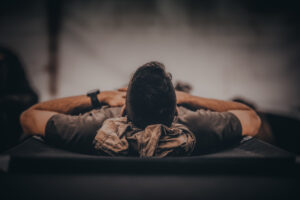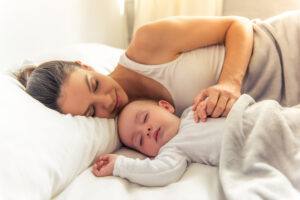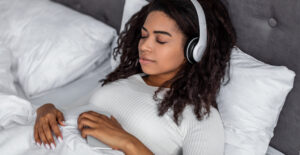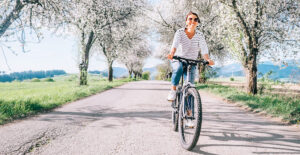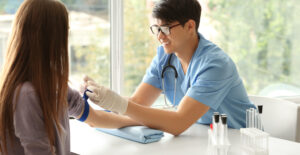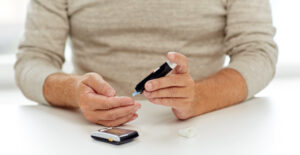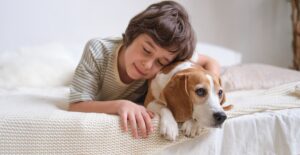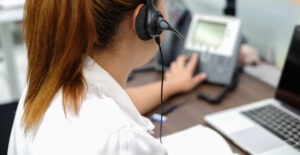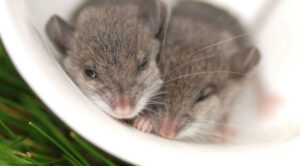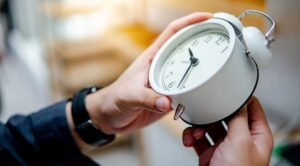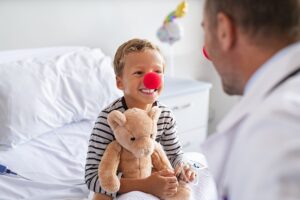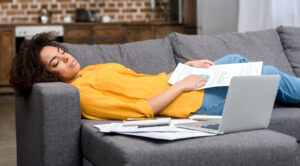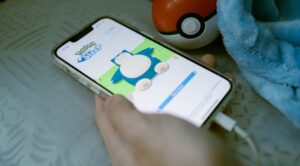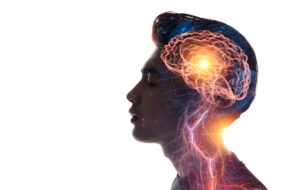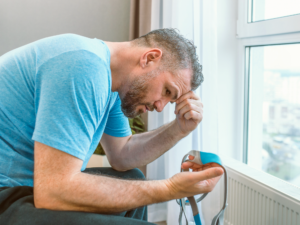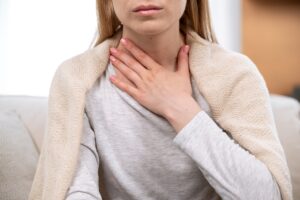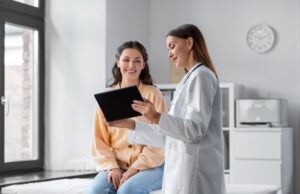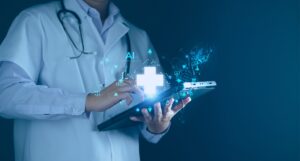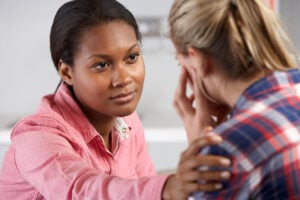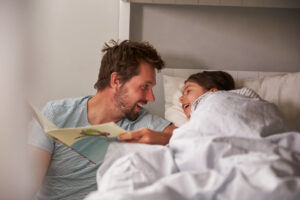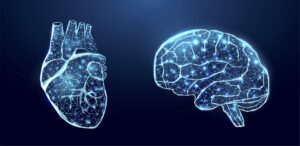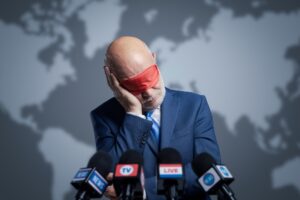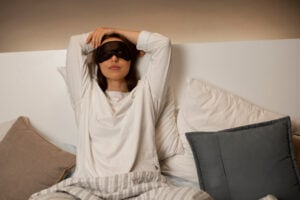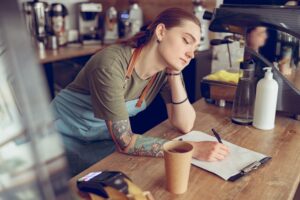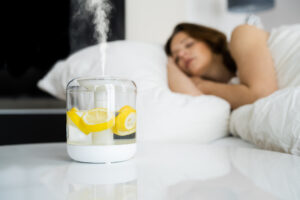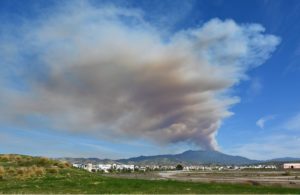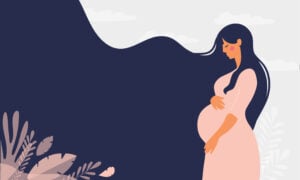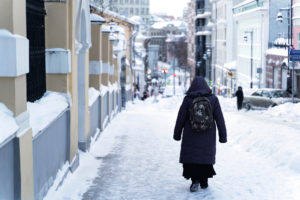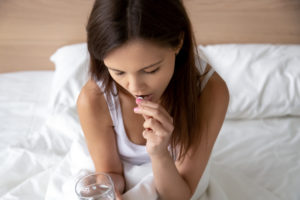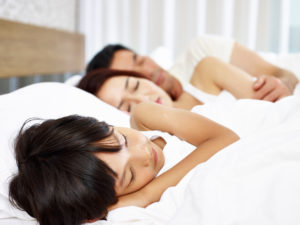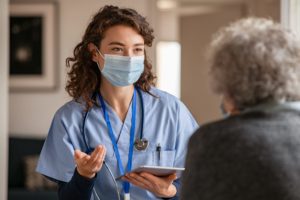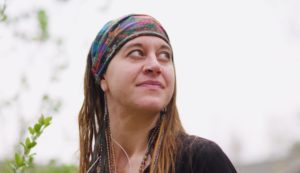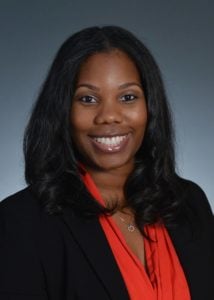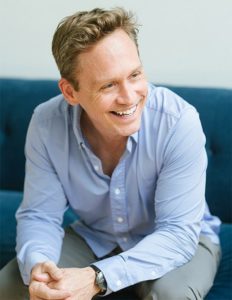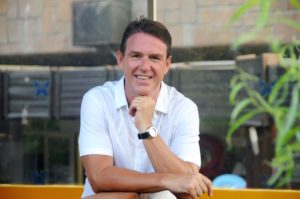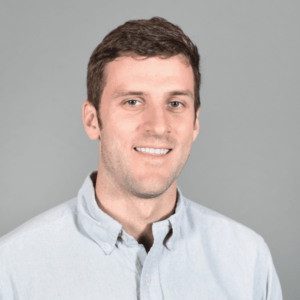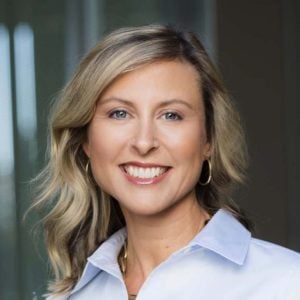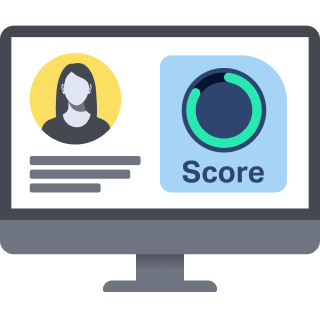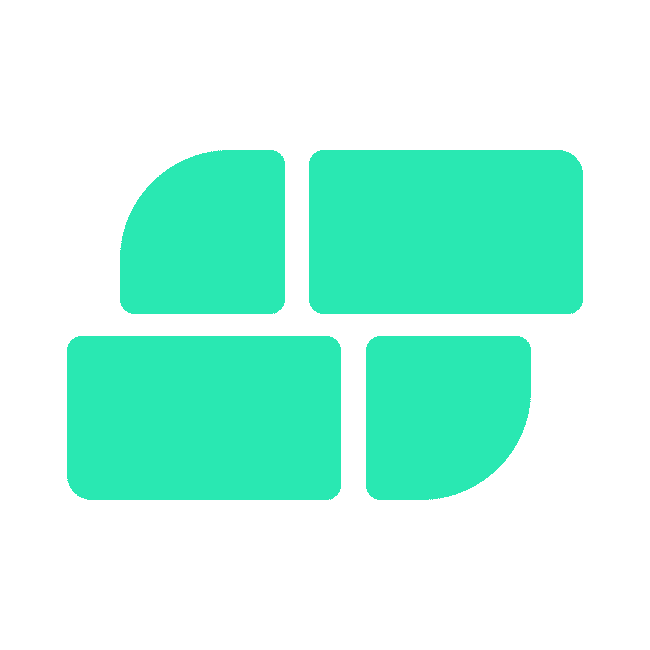Hotels Go Beyond Sleep Tourism to Offer Sleep Studies
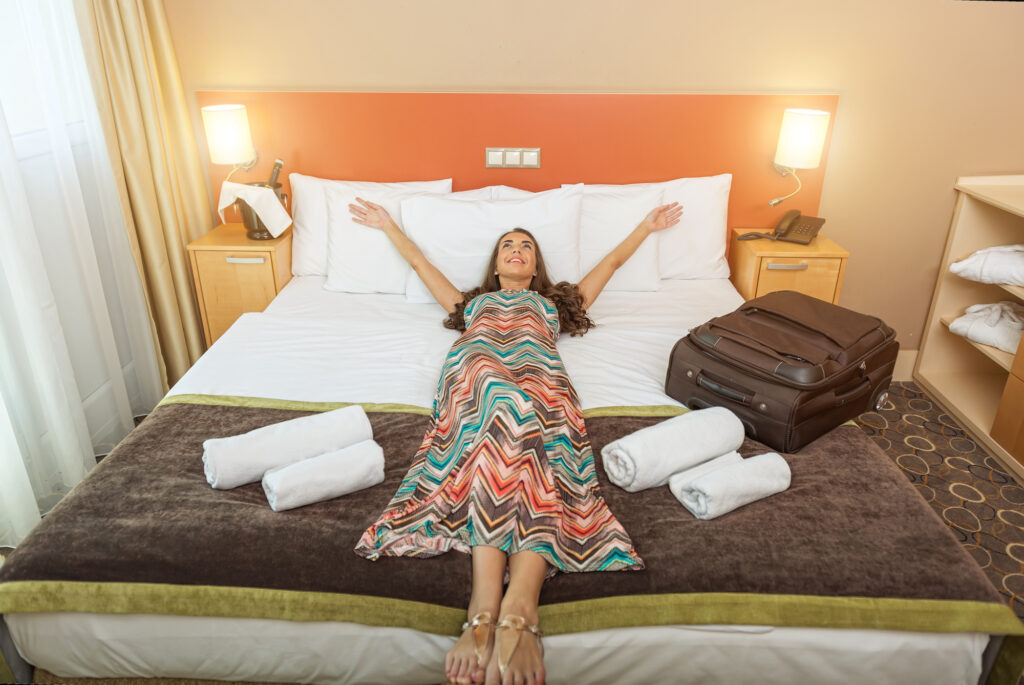
The growing multi-billion dollar sleep tourism industry is driving hotels to provide enhanced sleep services for wellness-seeking travelers. A study by HTF Market Intelligence predicts that travel focused on relaxation, sleep quality, and stress reduction will see an 8% jump between 2023 and 2028. To stand out from the competition, some high-end resorts offer sleep studies alongside the more traditional resort lineup of massage, yoga, and meditation.
Early adopters of in-hotel sleep studies have used hotel rooms as extensions of hospitals and clinics, giving patients a comfortable alternative to a sleep lab. These provider-run sleep studies are different from the tourism-focused options now popping up around the globe, which are booked directly through a hotel, instead of your healthcare provider.
Rather than treating their property as a sleep lab annex, certain exclusive resorts have added sleep tracking technology, physician consultations, and sleep apnea testing to their existing hotel services (St. George Hotel in Helsinki, Finland, and Canyon Ranch in Tucson, Arizona, among them). They use their luxury locales to reframe the perception of a sleep study, shifting it from a medical visit to simply one more piece of the holistic wellness pie.
At these resorts, guests can ask for a sleep tracker, smart mattress, or sleep consultation at check-in the same way they could add a yoga class or spa treatment. Some offer physician consultations and use FDA-approved sleep apnea tests, including at-home wearable tests.
But buyer beware. Many insurance companies, including Medicare and Medicaid, partially or fully cover a sleep study, but only if it’s deemed medically necessary and performed in an approved location. At-home sleep tests must also meet particular requirements to be covered.
Additionally, many of these resorts offer sleep health tests as a first-step intervention and don’t treat sleep conditions or prescribe devices. While they may have a physician available to review guests’ sleep data, any potential issues will likely require a referral to a specialist, a comprehensive sleep study like polysomnography, or both.
As a result, resort-based sleep studies can create a financial barrier by restricting access to those who can pay for a high-end hotel stay, an out-of-pocket sleep study, and a potential secondary study if sleep apnea symptoms are detected.
A new Japanese capsule hotel featuring small sleeping compartments offers a more affordable option for getting personal sleep data. In each pod, infrared cameras, microphones, and body movement sensors measure sleep quality and detect potential conditions like sleep apnea. Rates are comparable to similar nearby hotels. Alternatively, in exchange for low-cost access, the hotel collects guests’ de-identified data with plans to sell it for product development.
For those who can afford it, resort-based sleep services offer guests the unique option to learn more about their health by trading sterile-feeling sleep labs for beautiful scenery and a relaxing vacation. Taking advantage of a resort’s sleep enhancement options or data collection can be an attractive way to learn personal sleep health information. But, as of yet, these options aren’t a replacement for traditional polysomnography.
Got a hot tip? Pitch us your story idea, share your expertise with SleepFoundation.org, or let us know about your sleep experiences right here.
References
8 Sources
-
HTF Market Intelligence. (2022) Sleep tourism market growing at robust expansion of the decade., Retrieved February 1, 2024, from
https://www.htfmarketintelligence.com/report/global-sleep-tourism-market -
Burhanuddin, A. (2023, October 24). Sleep Tourism Market Growth Expected to See Next Level | Hotel Figueroa, Hotel de Crillon, The Shelbourne. LinkedIn., Retrieved February 1, 2024 from
https://www.linkedin.com/pulse/sleep-tourism-market-growth-expected-see-next-level-de-burhanuddin-tvrvf/ -
Vanderbilt University. (2003, October 3). Hotel Home for new Vanderbilt sleep center., Retrieved February 1, 2024, from
https://news.vanderbilt.edu/2003/10/08/hotel-home-for-new-vanderbilt-sleep-center-59892/ -
St. George Hotel. (2024) How a sleep consultation will help you maximise recovery., Retrieved February 1, 2024, from
https://www.stgeorgehelsinki.com/journal/how-a-sleep-consultation-at-hotel-st-george-helsinki-will-help-you-maximise-recovery -
Canyon Ranch Service. (2024) Sleep Screening., Retrieved February 1, 2024, from
https://www.canyonranch.com/tucson/services/health-and-performance/personalized-medicine/ -
Centers for Medicare & Medicaid Services. (2015, October 1). Polysomnography and sleep studies – medical policy article. CMS.gov Centers for Medicare & Medicaid Services., Retrieved February 1, 2024, from
https://www.cms.gov/medicare-coverage-database/view/article.aspx?articleId=53019 -
Centers for Medicare & Medicaid Services. (2009, March 3). Sleep testing for obstructive sleep apnea (OSA). Centers for Medicare & Medicaid Services., Retrieved February 1, 2024, from
https://www.cms.gov/medicare-coverage-database/view/ncd.aspx?NCDId=330&ncdver=1&bc=AAAAQAAAAAAAAA%3D%3D& -
Takatsuki, K. (2023, December 5). New Japan Capsule Hotel will monitor guests’ sleep. Nikkei Asia., Retrieved February 1, 2024, from
https://asia.nikkei.com/Business/Technology/New-Japan-capsule-hotel-will-monitor-guests-sleep
